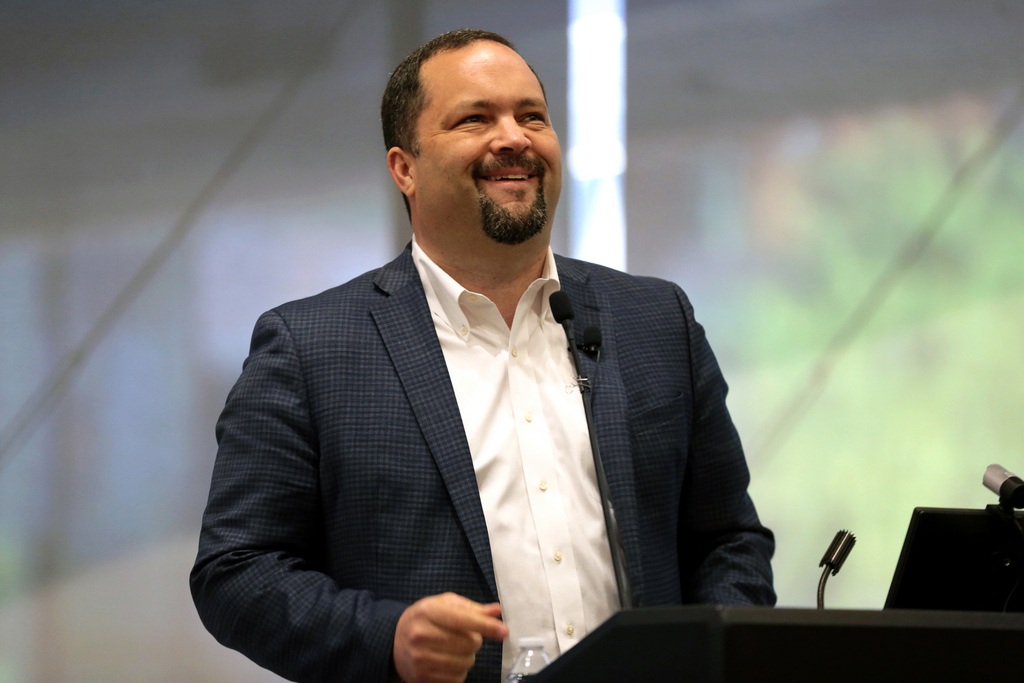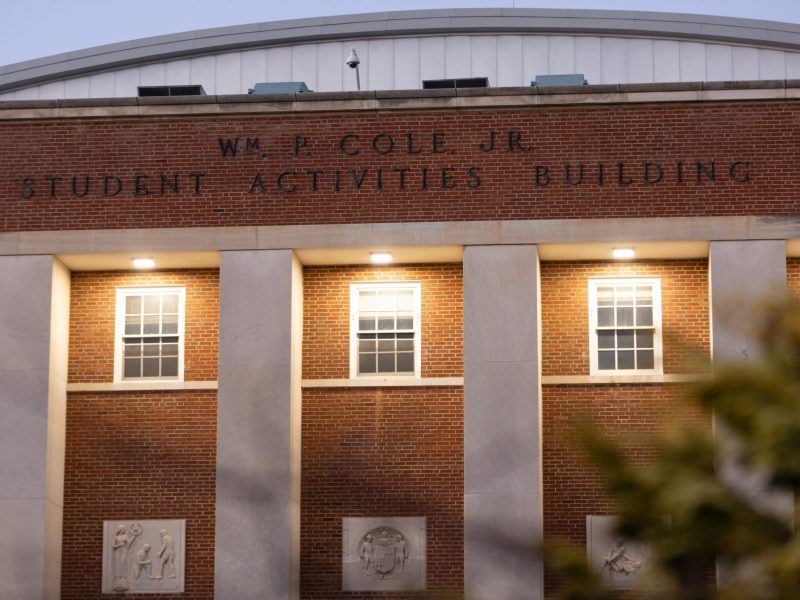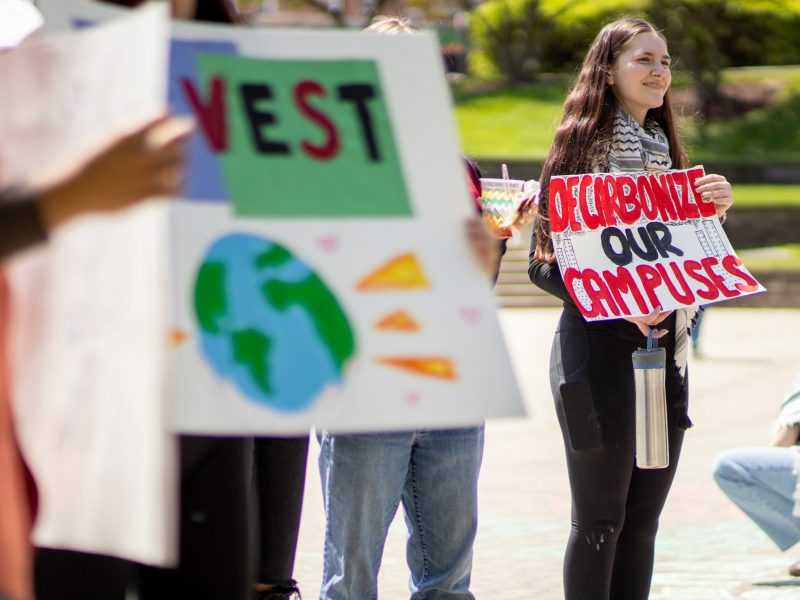Maryland gubernatorial candidate Ben Jealous released a plan Friday to combat the state’s ongoing opioid crisis.
As governor, the Democrat and former NAACP president said he would work with the attorney general “to take on the opioid manufacturers whose greed created this crisis and use the settlement money to fund our efforts to end the epidemic,” according to a news release.
“Enough is enough. Maryland needs a comprehensive approach to the opioid epidemic that seeks to tackle every part of the crisis — stemming the wave of drug overdoses, [providing treatment] on-demand to those who need it most, and ensuring that we approach this issue as a public health crisis,” Jealous said in the news release. “We need strong leadership in the face of this epidemic and what we know is that current action isn’t working, we have to do more if we want to save our neighbors from this epidemic.”
Jealous’ plan calls for the creation of a statewide Office of Pain Management, Addiction, and Recovery. This office would have a task force “devoted to rooting out irresponsible doctors and pill mills,” he wrote.
Funding for these plans “will come from spending our money better,” he told The Diamondback, adding that he aims to provide more effective treatment to inmates. “Incarceration has proven to be a very expensive and ineffective way to fight addiction. Addicts need rehab, not incarceration.”
In the first half of 2017, there were 799 fentanyl-related deaths in Maryland, up from 469 deaths during the same period in 2016, according to the state’s health department. Fentanyl, a synthetic opioid, is up to 50 times more powerful than heroin.
During the first six months of 2017, 63 people died from opioid-related intoxication in Prince George’s County, compared to 50 during the same time period in 2016, according to the health department. That was the second-biggest year-over-year increase for any county in the state.
In March, Gov. Larry Hogan declared a state of emergency in response to the state’s opioid epidemic, also announcing a supplemental budget of about $50 million over five years to help the state with recovery, treatment and enforcement methods.
“Three years ago, Larry Hogan promised that he’d declare a state of emergency to fight back against opioid abuse immediately upon taking office as governor,” Jealous said in the news release. “Gov. Hogan broke that promise and sat by for over two years before he finally got around to it, as thousands died in the interim. If we’re going to end this crisis, we need strong leadership and a firm commitment to empowering our public health professionals and first responders with the resources they need to get the job done.”
While this state is working on both prevention and rehabilitation, Jealous told The Diamondback it should be connecting crisis centers, response teams and others who can help those who suffer with addiction.
To fix this, he proposed expanding Overdose Outreach Teams, which currently exist in Baltimore, to other areas of the state. These teams respond to overdose outbreaks by distributing Naloxone to counteract overdoses and prevent death, helping get victims into treatment, getting rid of tainted needles and distributing other resources as needed, according to the news release.
Jealous told The Diamondback he was willing to use money from the state’s rainy-day fund — which contained about $832 million at the end of fiscal 2016 — to pursue these efforts, because “people need help today.”
“This is as big as any natural disaster that we’ve ever faced,” he said. “Thousands of our neighbors are dying every day and our state can do a lot to save lives, but we have to act quickly, and we have to act with courage.”



